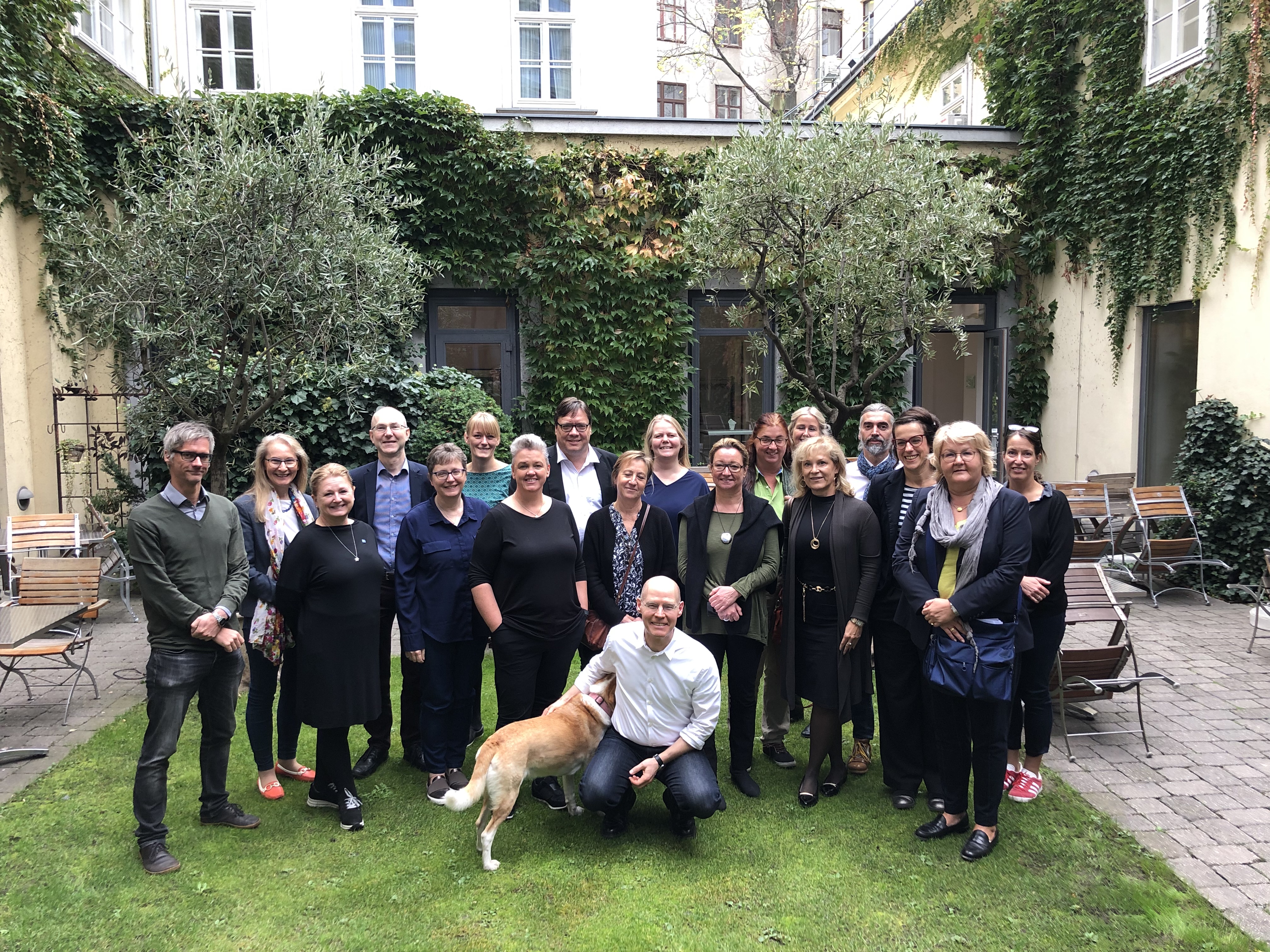RPL in Practice
The EU-funded peer-learning project RPL in Practice aims to promote different ways of recognising competencies for access to further studies and the attainment of higher education credits.

What is recognition of prior learning?
Recognition of prior learning (RPL) is a process that allows for learning to be measured and recognised, regardless of where it was gained. This means that a student can be granted credits and/or exemptions from parts of courses or programmes when they can show they've achieved sufficient prior learning.
Why RPL?
Recognition of prior learning can positively impact society and individuals in a number of ways.
Individuals
A well organised system for recognition of prior learning benefits individuals in that it:
- acknowledges the value of prior learning acquired outside a formal setting
- encourages lifelong learning
- enables potential applicants as well as students to progress to other and further programmes.
Higher education institutions
Higher education institutions can also benefit from a structured and systematic recognition of non-formal and informal learning as it:
- facilitates and broadens access to higher education for non-traditional students,
- can contribute to increased mobility and internationalisation of the higher education sector
- is important for the development of new forms of learning and flexible study paths
- can increase the quality of higher education with its focus on learning outcomes.
Employers
For employers, public as well as private, recognition of prior learning can:
- increase the opportunities for workplace-based learning and skills development within the organisation
- motivate employees to develop further competencies
- faciliate restructuring and conversion on the labour market.
Society
Society can also benefit from a well functioning system for recognition of prior learning as it can:
- reduce costs for higher education
- facilitate increased and improved skills supply on the labour market
- make significant contributions to integration and social inclusion, as well as economic growth in marginalised areas of society and economy.
How does RPL work?
For a functioning process of recognition of prior learning, a learning outcomes based system is necessary. Transparent information to students and staff about the purpose of RPL as well as the tools, procedures and expectations is key, as well as a fundamental need for continuous guidance and counselling to the individual throughout the process.
The RPL process includes identification, documentation, assessment and certification of the results. Then the actual RPL process will differ in practice between HEIs and faculties, depending on the type of prior learning.
The issues of quality and consistency in the validation process are also important in underlining the equal value of learning outcomes gained through RPL or formal education.
